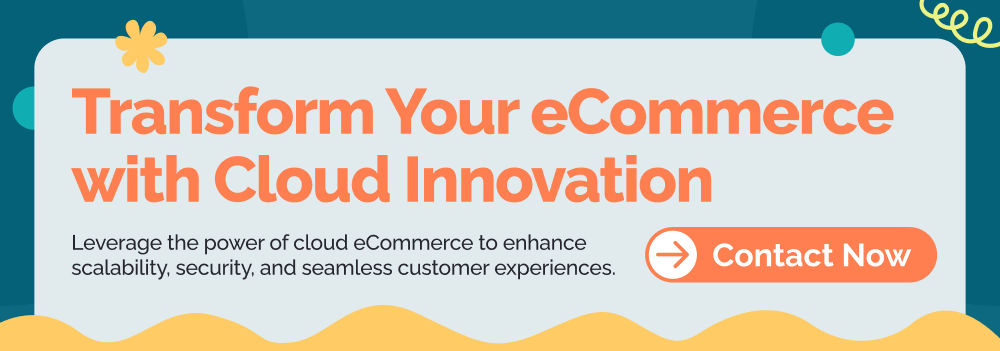Cloud, zBlog
What Makes Cloud eCommerce the Future of Online Retail?
trantorindia | Updated: April 1, 2025
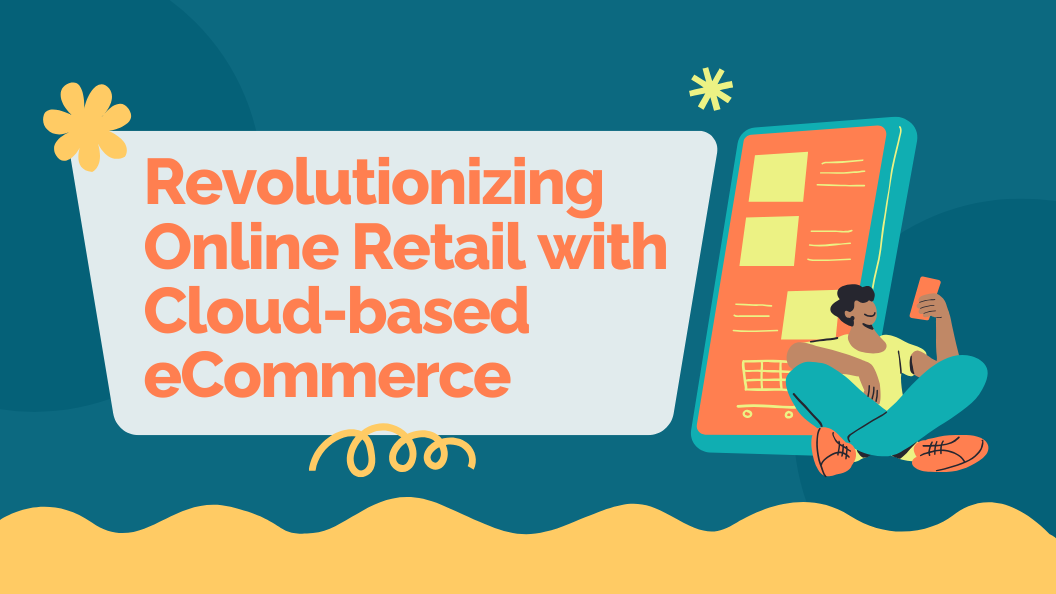
Introduction
Businesses are increasingly shifting their eCommerce operations to the cloud. Cloud eCommerce provides scalability, security, and flexibility, enabling businesses to offer seamless online shopping experiences to customers worldwide. This blog explores the concept of cloud eCommerce, its benefits, key components, challenges, and future trends.
What is Cloud eCommerce?
Cloud eCommerce refers to the practice of hosting and managing online retail platforms on cloud infrastructure instead of traditional on-premises servers. It allows businesses to leverage cloud-based solutions for inventory management, payment processing, customer data analytics, and more. Companies like Amazon Web Services (AWS), Microsoft Azure, and Google Cloud offer robust cloud-based eCommerce solutions.
Benefits of Cloud eCommerce
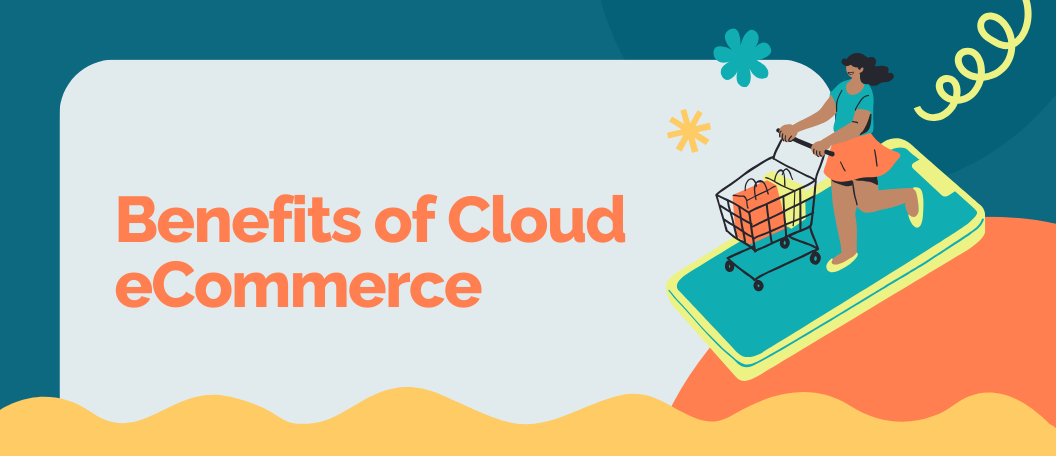
1. Scalability
One of the biggest advantages of cloud eCommerce is scalability. Cloud platforms allow businesses to handle increased traffic during peak shopping seasons without investing in additional hardware.
2. Cost-Effectiveness
With cloud eCommerce, businesses pay only for the resources they use. This eliminates the need for costly upfront investments in infrastructure and maintenance.
3. Improved Security
Leading cloud providers offer advanced security features such as data encryption, multi-factor authentication, and regular security updates, reducing the risk of cyber threats.
4. Seamless Integration
Cloud-based eCommerce platforms integrate effortlessly with third-party tools like customer relationship management (CRM) software, payment gateways, and marketing automation tools.
5. Enhanced Customer Experience
With faster website load times, personalized recommendations, and mobile optimization, cloud eCommerce ensures a superior shopping experience for customers.
Key Components
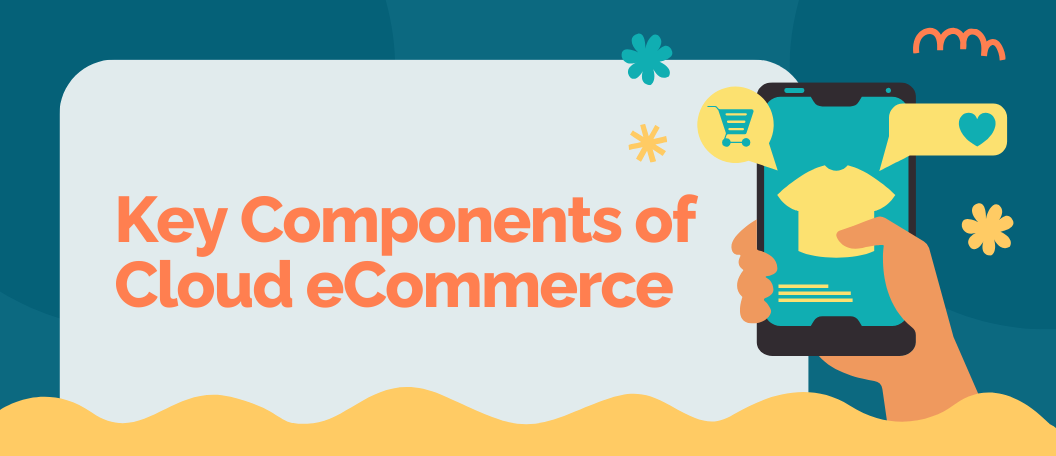
1. Cloud Hosting
Hosting an eCommerce store on the cloud provides reliability, uptime, and enhanced performance. Popular options include AWS, Azure, and Google Cloud.
2. Headless Commerce
Headless commerce separates the frontend and backend, allowing brands to customize their storefronts and improve user experience.
3. AI and Machine Learning
AI-driven analytics help businesses understand customer behavior, predict trends, and offer personalized recommendations.
4. Payment Processing
Cloud-based payment gateways like Stripe, PayPal, and Square ensure secure transactions and multiple payment options.
5. Data Analytics and Business Intelligence
Cloud platforms provide real-time analytics to help businesses track performance, optimize marketing campaigns, and boost sales.
Challenges
1. Security Concerns
Although cloud providers offer robust security, businesses must implement best practices to protect customer data.
2. Downtime and Service Disruptions
Unexpected outages can impact sales and customer trust. Choosing a reliable cloud provider is crucial.
3. Data Compliance and Regulations
Businesses must comply with data protection laws such as GDPR and CCPA to ensure customer privacy.
4. Integration Complexities
Integrating cloud-based tools with legacy systems can be challenging and may require technical expertise.
Future Trends
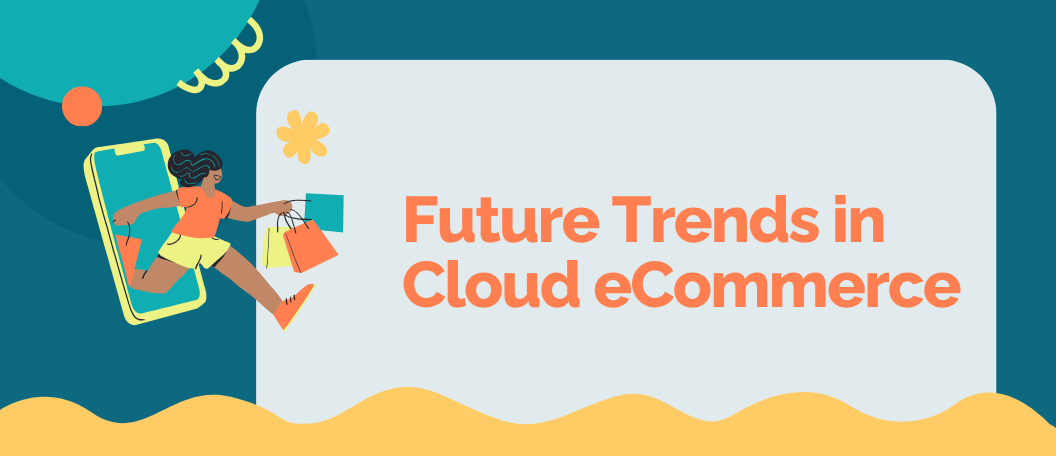
1. Edge Computing
Edge computing reduces latency by processing data closer to users, improving site performance.
2. Blockchain for Security
Blockchain technology enhances security by providing transparent and tamper-proof transactions.
3. Voice Commerce
Voice-activated shopping through smart assistants like Alexa and Google Assistant is gaining popularity.
4. Augmented Reality (AR) Shopping
AR enhances online shopping by allowing customers to visualize products before purchasing.
5. Sustainable eCommerce
Cloud platforms are adopting green computing practices to reduce carbon footprints and promote sustainability.
Conclusion
Cloud eCommerce is transforming the online retail industry by providing scalable, secure, and cost-effective solutions. Despite challenges, businesses that embrace cloud-based eCommerce platforms can stay ahead of the competition and deliver exceptional customer experiences. As technology evolves, the future looks promising with advancements in AI, blockchain, and AR. Trantor is a trusted technology partner, empowering businesses with cutting-edge technology and cloud solutions. With expertise in cloud infrastructure, security, and seamless integrations, Trantor helps brands optimize their online stores for high performance, scalability, and user engagement. Whether you’re migrating to the cloud or enhancing your existing platform, Trantor provides tailored solutions to drive digital growth and business success. Trantor’s eCommerce expertise goes beyond infrastructure. From building custom storefronts and implementing headless commerce architectures to integrating advanced analytics and personalization engines, Trantor delivers end-to-end solutions tailored to your unique business needs. Our team brings deep experience across platforms like Shopify, Magento, WooCommerce, and Salesforce Commerce Cloud—ensuring seamless user journeys, optimized performance, and future-ready scalability.
Ready to elevate your digital commerce strategy? Partner with Trantor and build a high-performing, customer-centric eCommerce experience that drives results.
